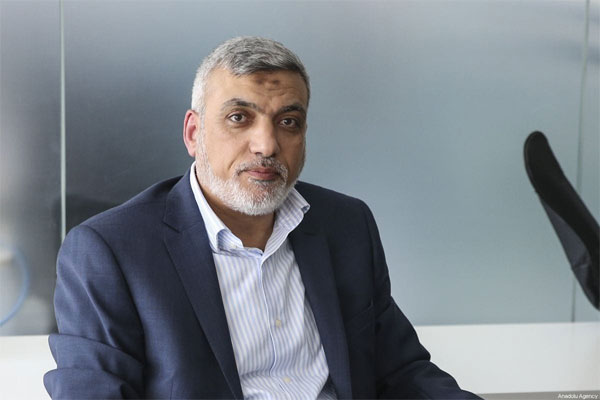Daijiworld Media Network - Gaza
Gaza, Jul 27: A senior Hamas leader has sharply criticised recent remarks by former U.S. President Donald Trump, calling them “inconsistent” with the current state of indirect ceasefire and hostage negotiations between Hamas and Israel.
In a press statement released on Saturday, Izzat al-Rishq, a senior Hamas official, expressed surprise over Trump’s comments, suggesting they contradict the perspective of mediators involved in the talks. “We are surprised by President Trump’s statements, which conflict with the assessments of the mediators and do not reflect the progress being made in the negotiations,” said al-Rishq.
The talks, held in Doha with the mediation of Qatar and Egypt, have reportedly made significant headway in recent days. Al-Rishq claimed that both mediators have acknowledged Hamas’s “serious and constructive” approach to the negotiations aimed at achieving a ceasefire and releasing hostages.

However, the Hamas official argued that the main roadblock to an agreement remains the Israeli government, not Hamas. “The U.S. administration must stop providing diplomatic cover for the Israeli occupation and enabling its war of starvation and extermination against more than two million people in Gaza,” he added.
The U.S. had recently voiced frustration over the stalled talks, with Trump on Friday blaming Hamas for the lack of progress. “Hamas didn’t really want to make a deal. I think they want to die,” Trump told reporters, prompting backlash from the Palestinian side.
Indirect negotiations between Hamas and Israel have been ongoing for several weeks, but no concrete breakthrough has been announced. Israel withdrew its negotiating team from Doha on Thursday for internal consultations after receiving Hamas’s latest response to a new ceasefire proposal forwarded by the mediators.
Hamas reiterated its call for a comprehensive agreement that would halt the fighting and help ease the deepening humanitarian crisis in Gaza, where living conditions continue to deteriorate under ongoing military pressure.